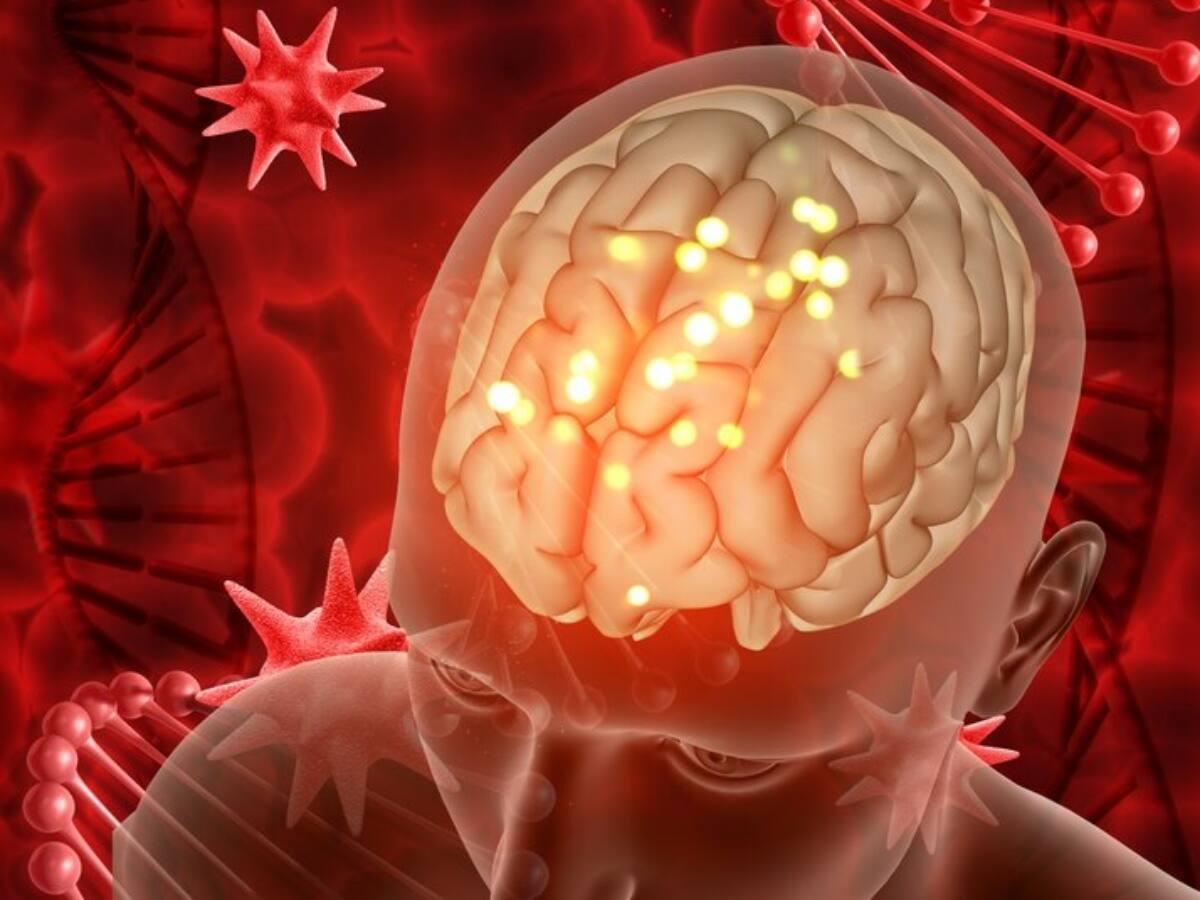Watching parents get divorced can put a lot of stress and trauma on a child’s mind. According to researchers, it could be a possible explanation as to what leads to stroke later in life.

Divorce and the risk of stroke: The health consequences of divorce are many, especially for children caught in the middle of a tumultuous separation of their parents. But, while the mental and emotional aspects of divorce are often highlighted, new research has found that children of divorced parents are also at a higher risk of getting a stroke later in life, a physiological aspect that has never been covered before. To put it in certain terms, children who witness and experience divorce of their parents are approximately two-thirds more likely to have a stroke. The study was published earlier this month, in the ‘PLOS One‘ journal. It apparently analysed 13,205 individuals aged 65 years and above — part of the 2022 ‘Behavioral Risk Factor Surveillance System’ (BRFSS), which is understood to be a project run by the US Centers for Disease Control and Prevention (CDC) to collect and analyse data related to health. During the research, it was found that participants — whose parents divorced before they turned 18 — were a whopping 61 per cent more likely to experience a stroke later in their life. The risk was assessed after accounting for health problems like depression and diabetes, which are understood to be factors that increase stroke risk.
What Are The Odds?
The study was conducted by researchers from the University of Toronto, Tyndale University and the University of Texas at Arlington. First author Mary Kate Schilke, a lecturer in the psychology department at Tyndale University was quoted as saying: “Our study indicates that even after taking into account most of the known risk factors associated with stroke — including smoking, physical inactivity, lower incomeand education, diabetes, depression, and low social support — those whose parents had divorced still had 61 per cent higher odds of having a stroke.”

What Is A Stroke?
A stroke occurs when the blood supply to the brain is interrupted or reduced, which deprives it of oxygen and nutrients. As mentioned earlier, high blood pressure, high cholesterol, smoking, diabetes, obesity, lack of physical activity, poor diet, and excessive alcohol consumption, etc., are generally considered to be modifiable risk factors for stroke. Symptoms can vary depending on the location and severity of the stroke, but common symptoms include sudden weakness or numbness in the face, arm, or leg, sudden confusion or trouble speaking or understanding speech. Sudden trouble seeing in one or both eyes, severe headache, and sudden trouble walking or maintaining balance are also some tell-tale signs.
Interesting Findings
The study’s senior author Esme Fuller-Thomson, a professor at Factor-Inwentash Faculty of Social Work and director for the Institute of Life Course and Aging at the University of Toronto, was mentioned as saying — on the association between parental divorce and stroke — by news reports: “We need to shed light on the mechanisms that may contribute to this association. While these types of survey-based studies cannot establish causality, we are hoping that our consistent findings will inspire others to examine the topic.”
In this particular research, individuals with a history of ‘childhood abuse’ were excluded. Interestingly, the study’s co-author Philip Baiden, an associate professor in the school of social work at the University of Texas at Arlington said they found that even when people had not experienced ‘childhood physical and sexual abuse’ and had ‘at least one adult who made them feel safe’, they were still ‘more likely to have a stroke’ if their parents had divorced.

Divorce And Stroke: What Is The Connection?
According to the researchers, while it is unclear as to what links parental divorce and stroke, the possible explanation is that both ‘biological’ and ‘social’ factors are at play. Watching parents get divorced can cause a great deal of stress and trauma in a child, affecting the overall functioning of their body, especially the brain. Fuller-Thomson validated this explanation, saying: “From a biological embedding perspective, having your parents split up during childhood could lead to sustained high levels of stress hormones. Experiencing this as a child could have lasting influences on the developing brain and a child’s ability to respond to stress.”


